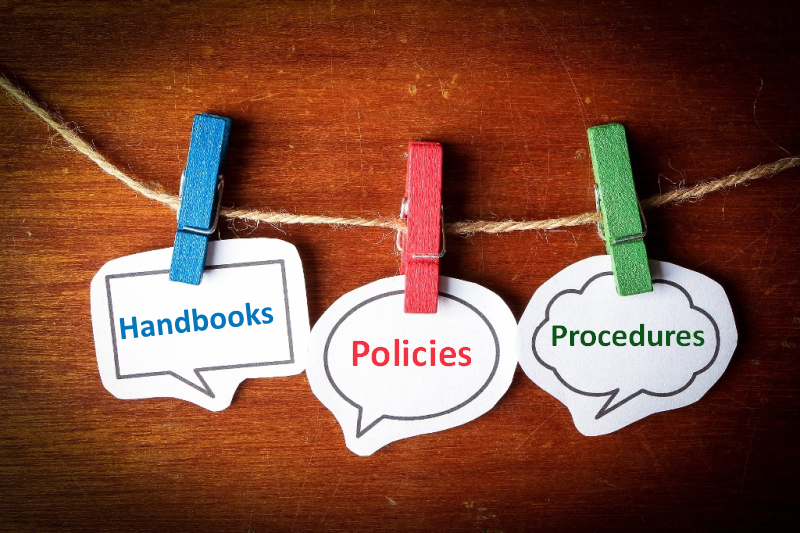
As it appeared in the Daily Nation on October 29th 2019
Dr. Lucy Kiruthu
Over the years, I have stayed or held conferences in several hotels that showed zero flexibility. I have also interacted with many other businesses across industries that do not bend the rules no matter what. The deeper I have dug up the main reason behind phrases such as “you have to” “you can’t” “it is impossible” “we don’t”, “that is the policy” the more I have found out some similarities. Most of these businesses seem to have policy guidelines that are cast on stone. Even when escalation is requested, the supervisors demonstrate a level of inflexibility comparable to that of the frontline staff. Might such policies be hurting you?
Policies are broad guidelines meant to make decision-making easier. As such, every company needs policies. Written or unwritten, policies are largely instituted as a management action and tool. They are expected to guide and substitute for repetitive or time-bound managerial decisions during everyday operations. Quite often, policies are part of the standard operating procedures. Policies promote the uniform handling of similar situations and are vital in ensuring consistency. With time, policies become part of organizational culture and are evident in the attitudes, actions and reactions of the staff. Unfortunately, not all policies are well thought out and not all policies need to be rigid. In some companies, policies make it extremely difficult for the staff to deliver a delightful experience and to meet customers’ expectations. Instead of enabling customer retention, some policies send customers away.
Every forward-looking company needs smart policies to guide it through the various stages in its life. Without policy guidelines, it is difficult to make decisions. However, having senseless policies relating to customer interactions and not allowing for any flexibility could be more harmful to your business that you think. For example, informing a customer arriving at 10 am that they are too early as check-in policy is 2 pm adds no value to the interaction. If such a policy is vital to survival of the business, it should be shared during booking. Besides, what is wrong with ushering in a guest at 10 am and allocating them a room if one is available and ready? Is the guest expected to wait in the parking lot until check-in time? When the management team does not allow for any flexibility, it instill fear in the rest of the staff. Communicating a policy guideline after purchase does not help much. Any vital policies need to be shared in advance so that a customer can make an informed purchase decision.
We are living in the age of the customer, companies must obsess about customer needs. Customer-focused businesses are those that carefully review their existing policies, let go of some and introduce new ones to meet and even exceed customers’ expectations. The policies, written or unwritten should empower staff to act and enhance their responsiveness. It does not help to consult a manager regarding every policy guideline. If a customer’s request is not in line with a given guideline, the staff should have the authority and the guideline to decide without blaming or citing the policy. The best frontline policies define allowable discretion. If your policies are sending customers away, it is time to review them.
Dr. Lucy Kiruthu is a Management Consultant and Trainer. Connect via twitter @KiruthuLucy









